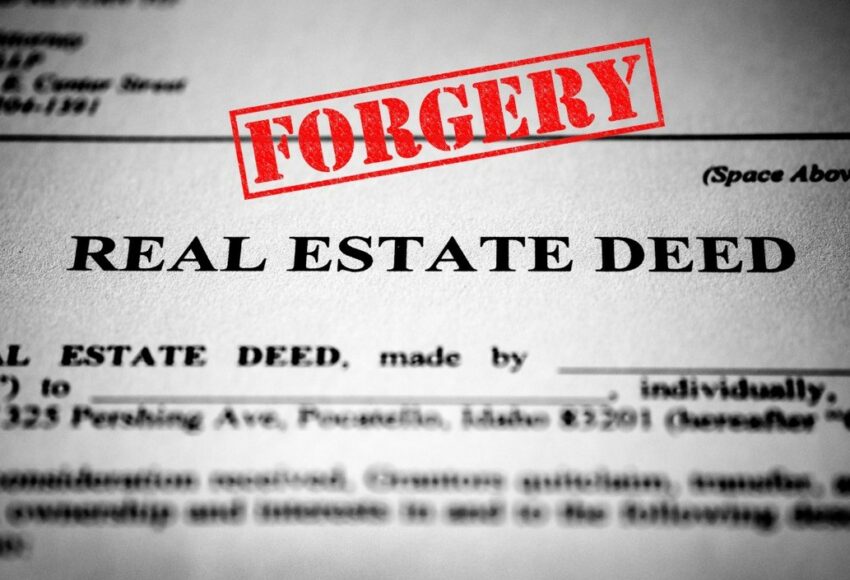Real estate transactions pose dangers to buyers and sellers. For example, some might think the Seller’s Disclosure form from a realtor-owned listing would be watertight. However, they would be wise to reconsider – agent-owned transactions, as well as water damage in the basement, are both very common reasons for claims from homeowners.
The Claim
A realtor-owned property sale occurred in September 2020. In this case, the realtor listed and sold her property to a first-time buyer. The agent disclosed the basement water problems, and the buyer accepted her claims that she would fix them. However, the buyer claims that he has water in his basement whenever it rains or snows.
The buyer trusted the seller, especially given that she was a licensed agent. However, had the buyer known the extent of the water damage, he said that he would not have bought the house. The buyer claims that the seller lied about the severity of the water issues. As a result, the buyer seeks reimbursement for his expenses to repair the basement’s water troubles.
Although the realtor disclosed basement water problems, she did not remedy the issue. The buyer felt duped and proceeded to make a claim. This feeling increases due to the fact that it was an agent-own transaction.
What Went Wrong
There are things both the buyer and realtor could have done to avoid the situation. Although the buyer feels duped, he could have sought more information that might have changed his buying decision. He also could have proactively hired an independent inspection of the property, especially since there was a red flag about water in the basement problems. Inspection contingencies are less common during hot real estate markets, but a buyer can always do an inspection for peace of mind. There was also the possibility that the issue was not visible due to the dryer months, but presented itself once the weather got wetter and cooler.
The agent could have agreed to remedy the problem instead of stonewalling. She also could have hired a professional repair service and pulled the proper permits to fix the leaks. However, she likely felt it was not needed because the problem did not exist at the time. This incomplete information about the property’s condition could be costly –up to $20,000.
This is an exceptional example of why a broad coverage Errors and Omissions (E&O) policy is the first thing real estate agents should obtain to protect themselves from legal fees or settlements in liability liabilities.
Are you interested in PBI Group generating an E&O insurance quote for your real estate agency? Click here.






